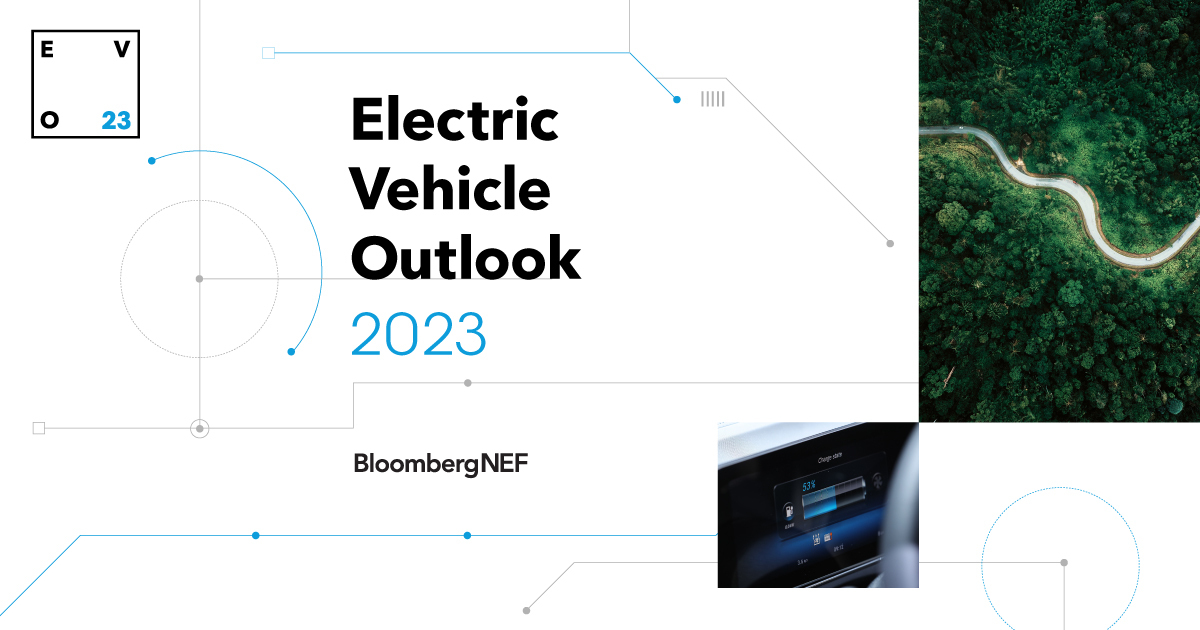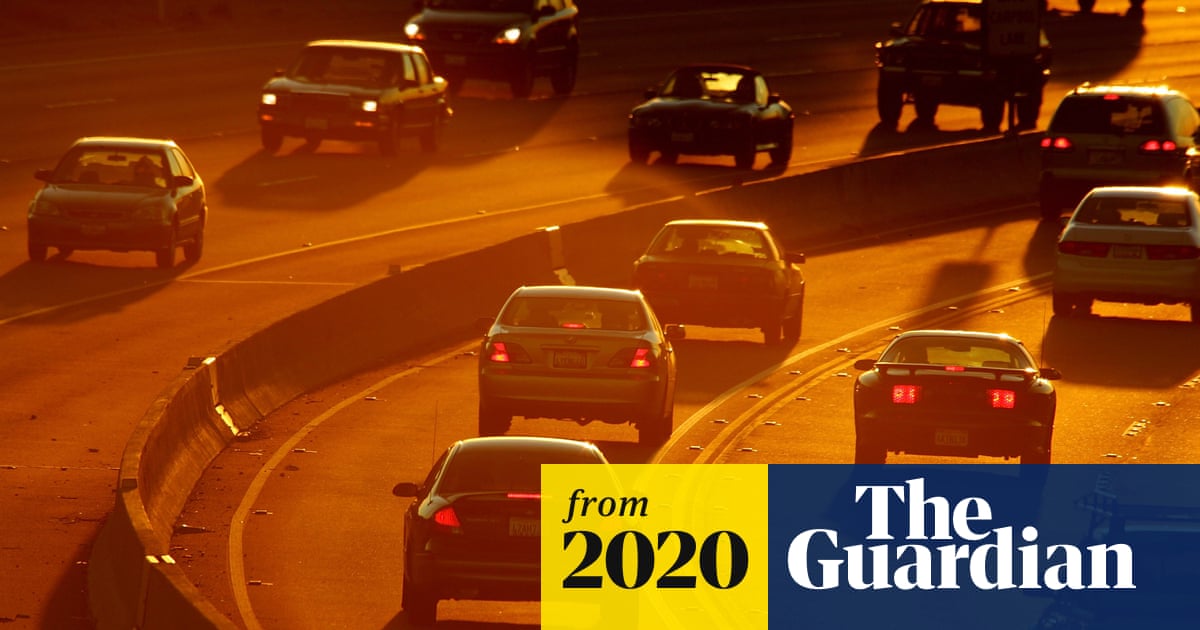I think I largely agree here, decided to see what I could find..
I don't think that it can be argued that lifecycle emissions from EV are less than that of ICE, but there are many varied reports from saying similar emissions to 2-3x less over the vehicle lifecycle.
Just had a look at the ABS figures - interestingly for the 5.74mil vehicles sold in the last 5 years, the number of registered vehicles has only increased 1.8mil in the same time period. So for roughly for each new vehicle purchased, 3 get de-registered..
Making the wild, baseless and probably inaccurate assumption that the trend continues, if all new vehicles purchased were EV's for the next 10 years, being ~11.5mil vehicles, and the total vehicle fleet increases at the same rate to 23.4mil, then ~50% of the national fleet will be EVs.
Using a lifecycle emissions reduction 2x that of ICE (so half), then total transport emissions have reduced 25%..
25% of 10% above is a 2.5% reduction in total emissions in 10 years time...
Again, largely baseless and full of wild assumptions and holes, but maybe an indication?


